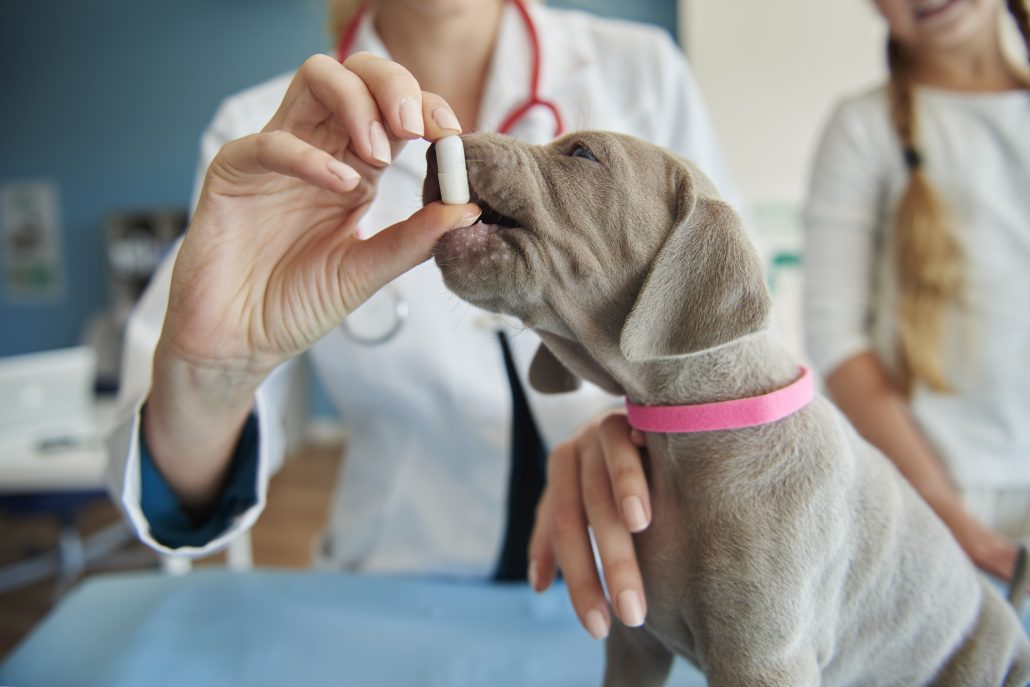
There’s nothing better than bringing a new pup into your family! Watching them explore, play, and snuggle up with you is pure joy. However, as a responsible pet owner, it’s important to be aware of potential health concerns that can affect your adorable new friend.
One thing to keep in mind is Parvovirus, or Parvo for short. It’s a disease that can affect puppies and, unfortunately, can be quite serious if it isn’t treated. If you’re around puppies regularly or bringing a new family member, knowing the signs of Parvo and how to handle is essential.
we’ll guide you through everything you need to know about Parvo in puppies. We’ll cover the early warning signs, how to get a diagnosis, and the best treatment options available.
What Is Canine Parvovirus?
Canine Parvovirus, commonly referred to as Parvo, is an infectious DNA virus that poses a significant threat to puppies and unvaccinated dogs. This virus primarily targets the stomach and small intestines, where it causes severe damage. Once the virus infects the small intestine, it destroys cells, hampers nutrient absorption, and disrupts the intestinal barrier. In some cases, it can also impact the bone marrow, lymphatic tissue and even the heart.
How Is Parvo Spread?
Parvo can be spread through both direct and indirect contact.
- Direct transmission happens when a healthy dog comes into contact with an infected dog. This can happen through close interaction, such as playing, sharing toys or even sniffing contaminated areas.
- Indirect transmission happens when a puppy encounters items contaminated by the virus. These items can include food and water bowls, collars, leashes, or even the hands and clothing of people who have been in contact with an infected dog.
One of the challenges with Parvo is its resilience. The virus can withstand extreme conditions, including heat, cold, humidity, and drying. Even small amounts of feces from an infected dog can harbour the virus and pose a risk to other puppies and dogs. That’s why ensuring all potential sources of contamination are disinfected to prevent the spread of Parvo and protect your furry friends.
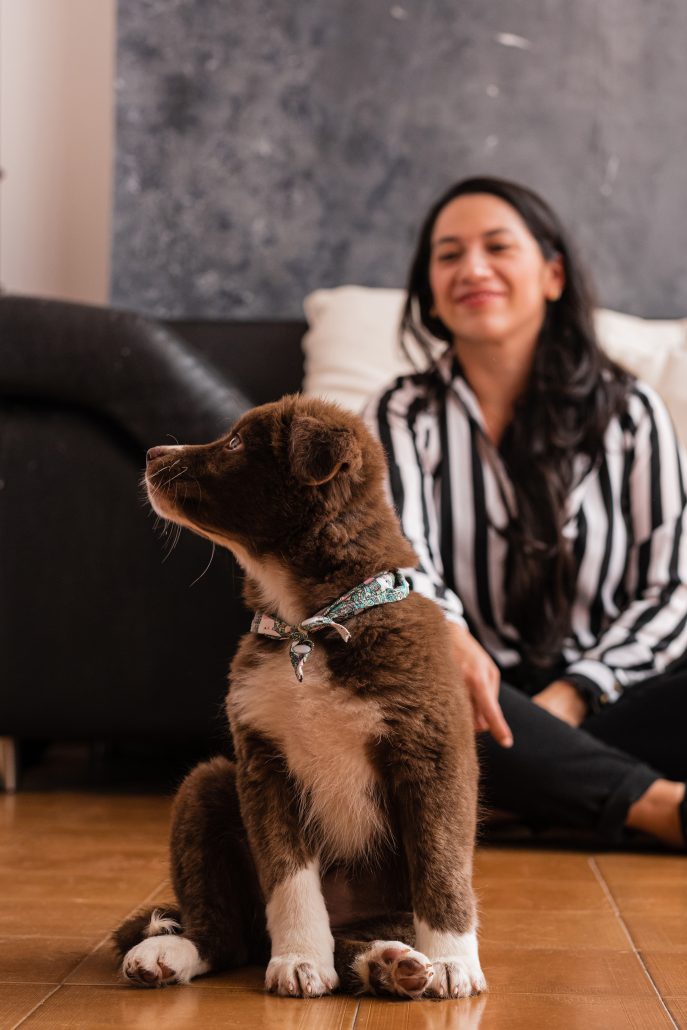
Signs & Symptoms of Parvo in puppies
Spotting the early signs of Parvovirus in puppies is crucial because the sooner you recognise them, the quicker you can get your pup to the vet and start treatment. Parvo usually shows symptoms within three to seven days after infection, so staying alert is important.
Here are some early signs to watch for:
- Lethargy: Your puppy may seem unusually tired or weak, lacking the usual energy for play and interaction.
- Lack of Appetite: If your puppy isn’t eating or drinking as much as usual, it could be a sign of something wrong.
- Fever: An elevated temperature can be a sign of infection.
As Parvo progresses, you might see more serious symptoms, such as:
- Abdominal Pain: Your puppy may show signs of stomach discomfort, like whining or sensitivity when you touch their belly.
- Vomiting: Frequent throwing up is a common symptom as the virus affects the stomach.
- Diarrhea: Watery or bloody diarrhea is common with Parvo and can lead to severe dehydration.
In severe cases, puppies with Parvo might also experience:
- Collapse and extreme weakness
- High heart rate
- Difficulty breathing
- Weakened immune system
- A drop in body temperature
- Low blood sugar levels
If you notice any of these symptoms in your puppy, it’s essential to get them to the vet as soon as possible. Early intervention can make all the difference in their recovery and well-being.
How Long Are Puppies Contagious For?
Puppies infected with Parvovirus start shedding the virus into their environment within 4 to 5 days of exposure. Unfortunately, this shedding often begins before the first symptoms appear, which means a dog can be contagious before you even realise they’re sick.
Even after a puppy recovers from the clinical signs of Parvo, it can continue to shed the virus for up to 10 days. During this time, it’s essential to keep them away from other dogs.
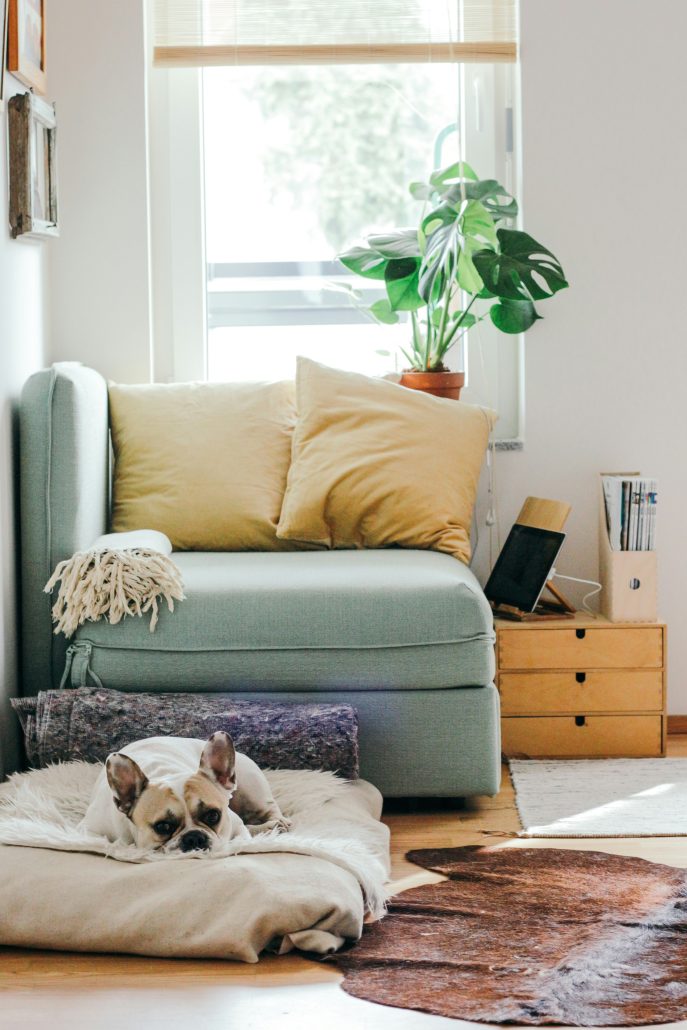
The Importance Of Vaccination
Young puppies are extremely vulnerable to Parvovirus because their immune systems are still developing. Without the full series of vaccinations, they lack the strong defence needed to combat parvo symptoms. This makes it incredibly important for puppies to receive all of their scheduled vaccinations and to take extra precautions to keep them safe during this period.
Puppies younger than six weeks still have some protection from their mother’s antibodies, provided she was fully vaccinated against Parvo. However, this protection fades over time.
Puppies receive their first round of Parvo vaccinations at around 6, 8, and 12 weeks of age. This series of shots helps build their immunity, but they are not fully protected until they have completed all three doses.
To ensure strong protection against Parvo, puppies should receive a final dose of the vaccine between 14 and 16 weeks of age. This booster shot is essential, even if they have had previous doses, to establish sufficient immunity.
Parvo is a serious disease that can significantly weaken a puppy’s immune system. It reduces white blood cell counts, making it harder for them to also fight off secondary bacterial infections. Additionally, the damage Parvo causes to the intestinal wall increases the risk of these secondary infections.
By staying on top of vaccinations, you help safeguard your puppy’s health and reduce their risk of falling seriously ill.
Treating Parvo In Puppies
If you suspect your puppy has Parvovirus, your vet will diagnose the condition based on clinical signs and blood work. While there isn’t a cure for Parvo, your vet will focus on providing supportive care to help your puppy through the illness. This includes managing symptoms like vomiting, diarrhea, and dehydration, and making sure your puppy gets the right nutrition.
Most puppies that get through the tough first three to four days of Parvo will go on to make a full recovery, though recovery times can vary. Typically, it takes about a week for puppies to start feeling better.
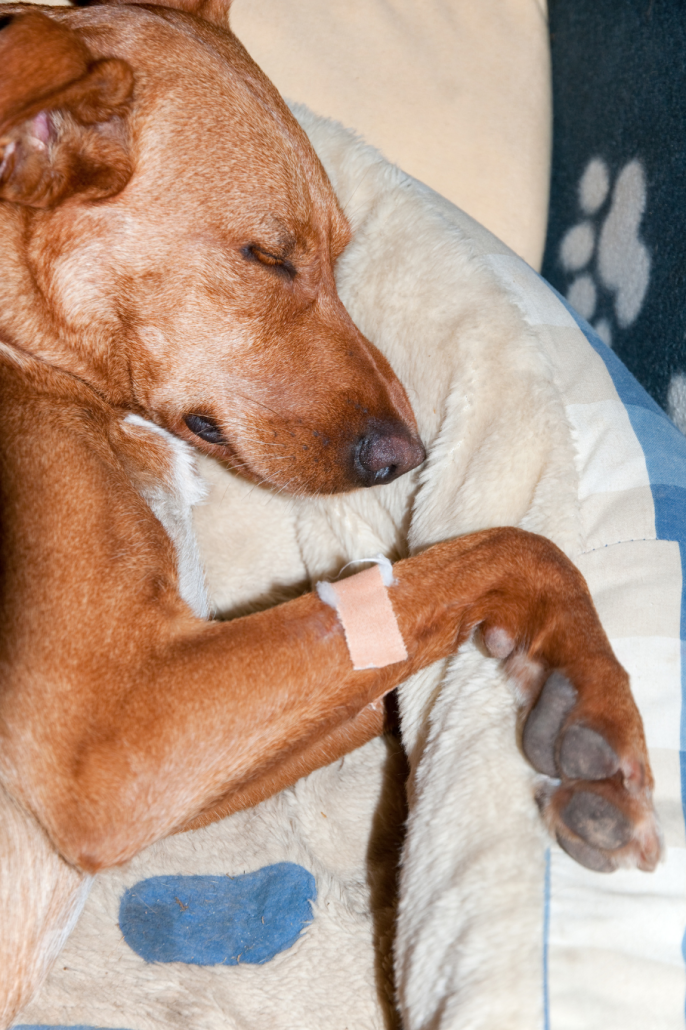
Tips For Preventing Parvo
Keeping Parvovirus at bay is all about staying proactive and making a few simple changes to protect your puppy. Here are some tips to keep your pup safe:
Stick to the Vaccination Schedule: Make sure your puppy gets all their vaccinations on time. These are crucial for building up their immunity.
Avoid Risky Spots: Until your puppy is fully vaccinated, try to steer clear of places where lots of other dogs hang out, like parks or pet stores. These spots can be hotbeds for germs, including Parvo.
Keep Things Clean: Regularly clean and disinfect your home, especially the areas where your puppy spends a lot of time. Parvo can survive for months, so a good cleaning routine helps keep the virus at bay.
Be Careful with New Doggie Friends: Until your puppy is fully vaccinated, be cautious about letting them meet other dogs, especially if you’re not sure of their health history. Even dogs that look healthy can carry the virus.
Practice Good Hygiene: Wash your hands after handling other dogs. This simple step can help prevent the virus from spreading.
Keep an Eye on Your Puppy: Watch for any signs that your puppy might be feeling unwell. If you spot any of these symptoms, don’t hesitate to call your vet, ASAP.
Don’t Share Supplies: Avoid sharing food bowls, toys, or bedding between dogs, especially if you’re unsure about their health. Regularly clean and disinfect these items as well to keep everything safe.
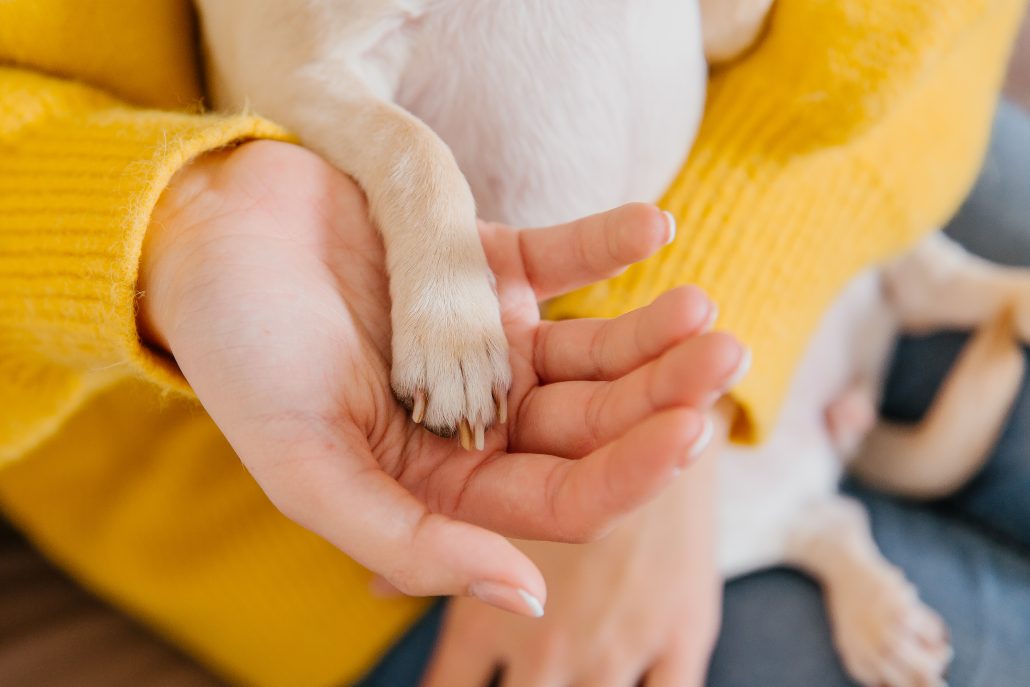
Keep Your Puppy Safe from Parvo
Caring for a puppy is one of life’s great joys, and ensuring their health and safety is a big part of that responsibility. Parvovirus is a serious illness, but with awareness, timely vaccinations, and proper hygiene, you can greatly reduce the risk of your puppy contracting this dangerous virus.
Remember, early detection and prevention are key. Regular vet visits and staying on top of vaccinations can protect your puppy and keep them happy and healthy. If you have any concerns about your puppy’s health or need guidance on vaccinations, our team is here to help.
Ready to Keep Your Puppy Protected?
Contact our Brisane vet clinic today to schedule an appointment or get more information on how to best care for your furry friend. We’re here to support you and your puppy every step of the way!

